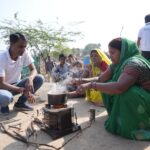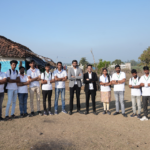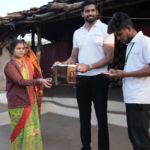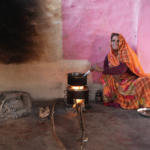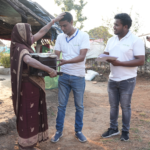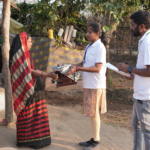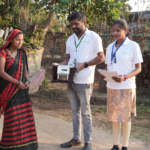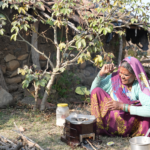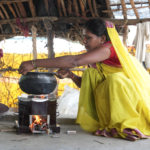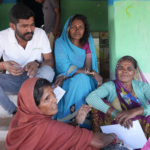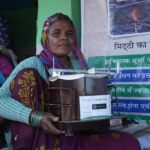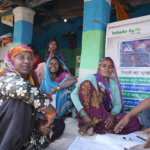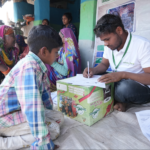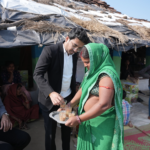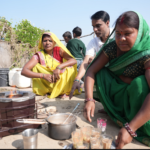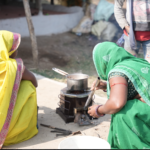Projects
Latest Works
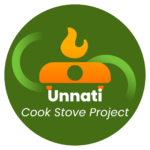


Project - "UNNATI"
DISTRIBUTING IMPROVED COOKSTOVES TO ENHANCE LIVES OF THE POOR COMMUNITY
ABOUT THE PROJECT?
Project "Unnati" is a pilot
project aims to distribute
25000 Improve cookstoves
(ICS) to poor households
which still use 3 stone stove
(chullah). Our ICS will
reduce wood intake by 50%
and CO2 emission by 70%*
WHERE?
Project "Unnati" is
being implemented in
Raisen District which is
50 kms away by road
from Bhopal (capital of
Madhya Pradesh,
India).
HOW?
Our team of experts
and collaborative
methods is making
the project
successful
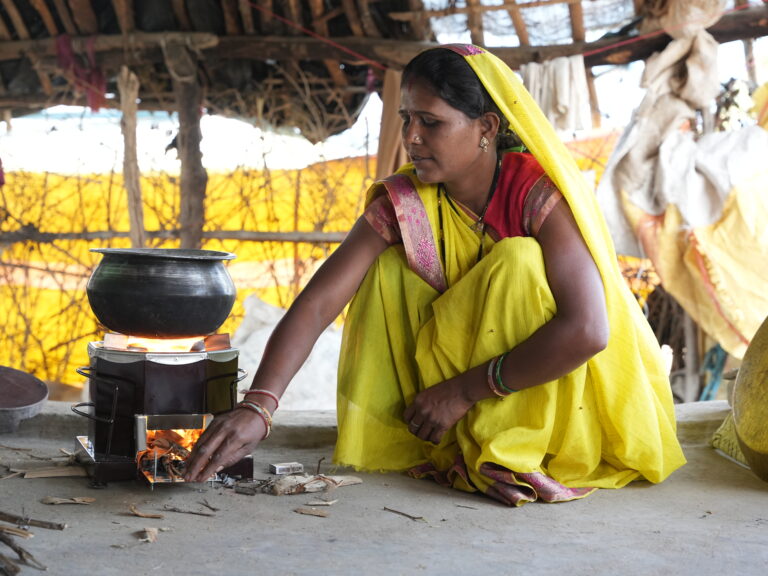
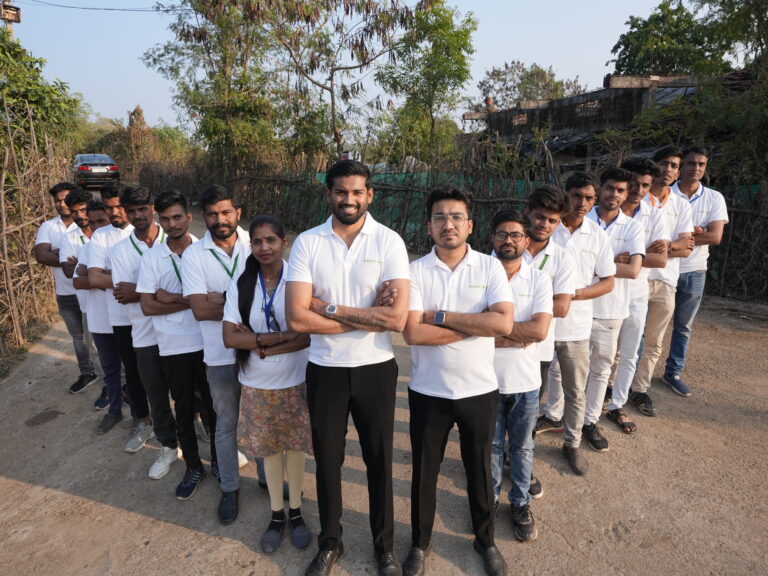
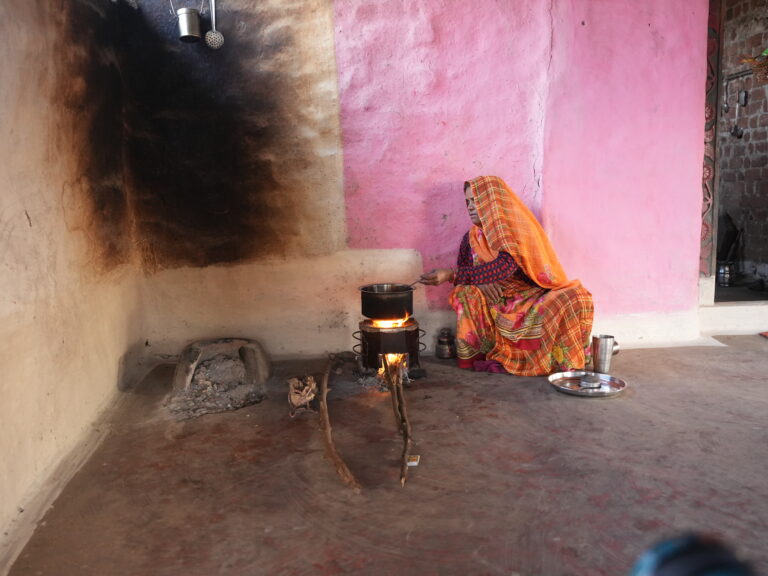
Achieved SDGs in the Unnati Project.
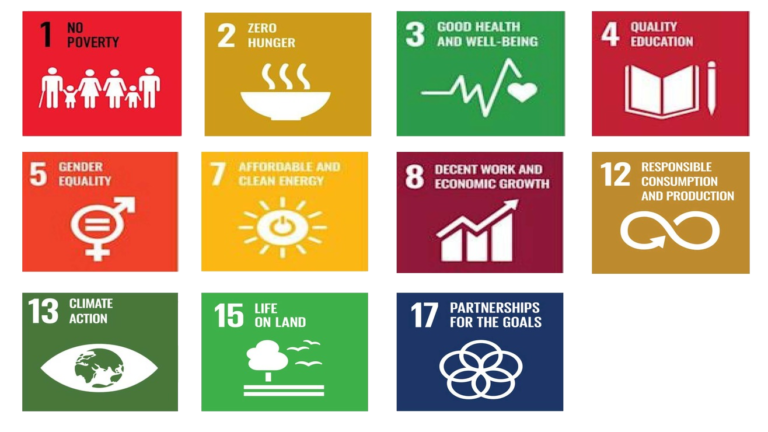
Social Impact Project
Safe and clean cookstoves for people across India
In India, the majority of the population does not have access to clean cooking facilities. As a result, many people cook over open fires using self-collected wood which stresses the environment as well as people’s health. Household pollution, largely consisting of cooking smoke, poses a great health risk in the area and fuelwood scarcity leads to forest degradation, and eventually deforestation.
This carbon offset project provides energy-efficient biomass cookstoves to communities all over the country. These improved cookstoves use considerably less fuel and therefore reduce the amount of air pollution and environmental degradation while saving greenhouse gas emissions.
How improved cookstoves contribute to climate action
According to a statistic from the World Health Organization (WHO, 2022) around a third of the global population still relies on unsafe and environmentally harmful cooking methods. This includes, for example, cooking over open fires or using polluting cooking fuels, such as coal or kerosene. Improved cookstoves tackle this problem by using thermal energy more efficiently. Depending on the model, an improved cookstove can reduce fuel consumption by up to 70 percent, which significantly saves CO2 emissions and can lower the pressure on local forests as less firewood needs to be harvested.
Improved cookstove projects allow the distribution of the – often simple – devices made from metal or clay to households, small enterprises or community facilities. Especially for households, this has an impact beyond the CO2 reduction: better indoor air quality decreases respiratory diseases and families can save time and money as less fuel is needed.

